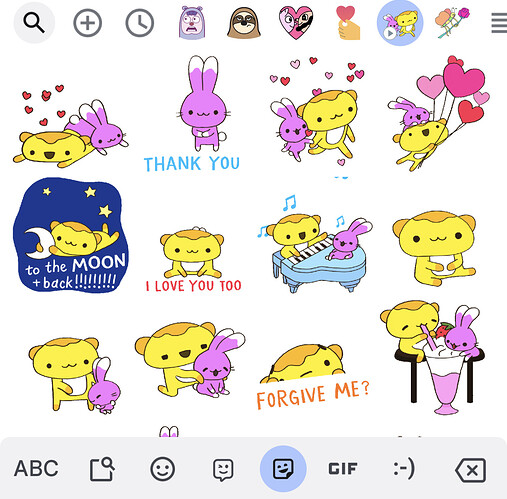Partially local federated learning with Federated Reconstruction - by Google Research
- Blog post: Google AI Blog: A Scalable Approach for Partially Local Federated Learning
- TensorFlow Federated tutorial: Federated Reconstruction for Matrix Factorization | TensorFlow Federated
- Colab: Google Colab
- General purpose TensorFlow Federated libraries: Module: tff.learning.reconstruction | TensorFlow Federated
- GitHub: federated/reconstruction at master · google-research/federated · GitHub (“This library uses TensorFlow Federated. For a more general look at using TensorFlow Federated for research, see Using TFF for Federated Learning Research.”)
- Paper: Federated Reconstruction: Partially Local Federated Learning (NeurIPS 2021)
From the blog post:
In “Federated Reconstruction: Partially Local Federated Learning”, presented at NeurIPS 2021, we introduce an approach that enables scalable partially local federated learning, where some model parameters are never aggregated on the server. For matrix factorization, this approach trains a recommender model while keeping user embeddings local to each user device. For other models, this approach trains a portion of the model to be completely personal for each user while avoiding communication of these parameters. We successfully deployed partially local federated learning to Gboard, resulting in better recommendations for hundreds of millions of keyboard users. We’re also releasing a TensorFlow Federated tutorial demonstrating how to use Federated Reconstruction.
Real-World Deployment in Gboard
To validate the practicality of Federated Reconstruction in large-scale settings, we deployed the algorithm to Gboard, a mobile keyboard application with hundreds of millions of users. Gboard users use expressions (e.g., GIFs, stickers) to communicate with others. Users have highly heterogeneous preferences for these expressions, making the setting a good fit for using matrix factorization to predict new expressions a user might want to share.
From the paper:
Abstract
Personalization methods in federated learning aim to balance the benefits of federated and local training for data availability, communication cost, and robustness to client heterogeneity. Approaches that require clients to communicate all model parameters can be undesirable due to privacy and communication constraints. Other approaches require always-available or stateful clients, impractical in large-scale cross-device settings. We introduce Federated Reconstruction, the first model-agnostic framework for partially local federated learning suitable for training and inference at scale. We motivate the framework via a connection to model-agnostic meta learning, empirically demonstrate its performance over existing approaches for collaborative filtering and next word prediction, and release an open-source library for evaluating approaches in this setting. We also describe the successful deployment of this approach at scale for federated collaborative filtering in a mobile keyboard application.
